
Turku: The Timeless Charm of Finland's Oldest City
Turku, Finland's oldest city, is a treasure trove of history and culture. Nestled on the southwest coast, it offers a unique blend of medieval architecture and modern urban life. The Aura River runs through the heart of the city, providing a picturesque backdrop for leisurely walks and boat cruises. Explore the Turku Castle, a grand structure dating back to the 13th century. It has witnessed many pivotal moments in Finnish history. Nearby, the Turku Cathedral stands as another testament to the city's rich past. It's the oldest church in Finland and a must-see for history buffs. For a taste of local life, visit the bustling Market Square. Here, you can sample traditional Finnish foods and buy handmade crafts. The nearby Turku Art Museum showcases Finnish art in a beautiful hilltop setting. If you're visiting in summer, don't miss the Turku Archipelago. With over 20,000 islands, it offers endless opportunities for boating, fishing, and exploring. Turku is also a city of festivals. The Medieval Market and the Turku Music Festival are just two of the many events that draw crowds from all over the world. Whether you're interested in history, culture, or natural beauty, Turku has something to offer every traveler.
Local tips in Turku
- Visit during summer to experience the Turku Archipelago at its best.
- Take a boat cruise along the Aura River for a unique view of the city.
- Explore the local markets for traditional Finnish foods and crafts.
- Check out the city's festival calendar to catch a local event.
- Wear comfortable shoes; Turku's cobblestone streets are best explored on foot.
Neighbourhoods in Turku
Turku: The Timeless Charm of Finland's Oldest City
Turku, Finland's oldest city, is a treasure trove of history and culture. Nestled on the southwest coast, it offers a unique blend of medieval architecture and modern urban life. The Aura River runs through the heart of the city, providing a picturesque backdrop for leisurely walks and boat cruises. Explore the Turku Castle, a grand structure dating back to the 13th century. It has witnessed many pivotal moments in Finnish history. Nearby, the Turku Cathedral stands as another testament to the city's rich past. It's the oldest church in Finland and a must-see for history buffs. For a taste of local life, visit the bustling Market Square. Here, you can sample traditional Finnish foods and buy handmade crafts. The nearby Turku Art Museum showcases Finnish art in a beautiful hilltop setting. If you're visiting in summer, don't miss the Turku Archipelago. With over 20,000 islands, it offers endless opportunities for boating, fishing, and exploring. Turku is also a city of festivals. The Medieval Market and the Turku Music Festival are just two of the many events that draw crowds from all over the world. Whether you're interested in history, culture, or natural beauty, Turku has something to offer every traveler.
When is the best time to go to Turku?
Iconic landmarks you can’t miss
Turku Castle
Explore the rich history and stunning architecture of Turku Castle, a must-visit attraction in the heart of Finland's oldest city.
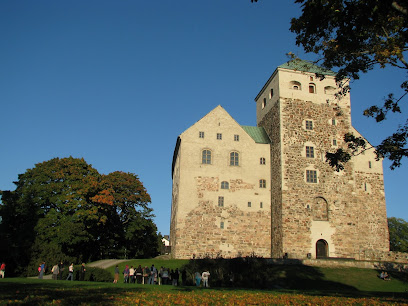
Hansakortteli
Visit Hansakortteli in Turku for an unforgettable shopping experience blending local culture with contemporary retail and cuisine.
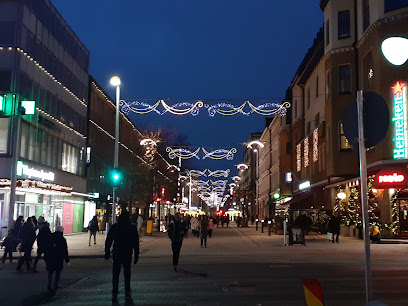
Turku Market Square
Discover the vibrant culture and delicious flavors at Turku Market Square, the bustling heart of Turku, Finland, rich in history and local charm.
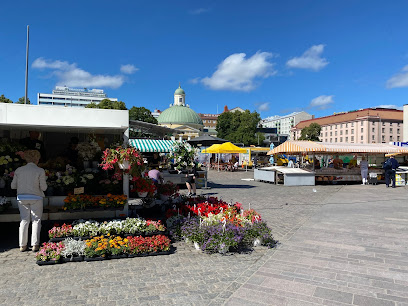
Kupittaa Park
Discover the beauty and recreation of Kupittaa Park in Turku, a lush urban oasis perfect for relaxation, family fun, and outdoor adventures.
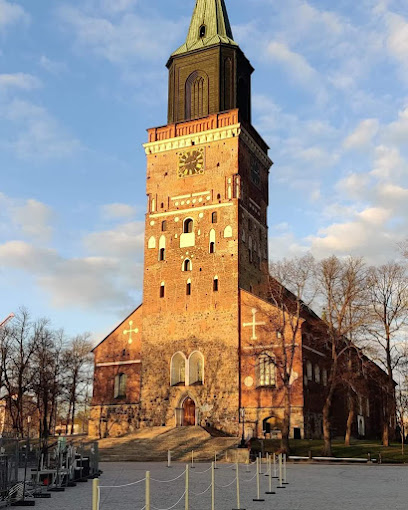
Turku Cathedral
Experience the grandeur of Turku Cathedral, a historical masterpiece and the heart of Finnish spirituality and culture.
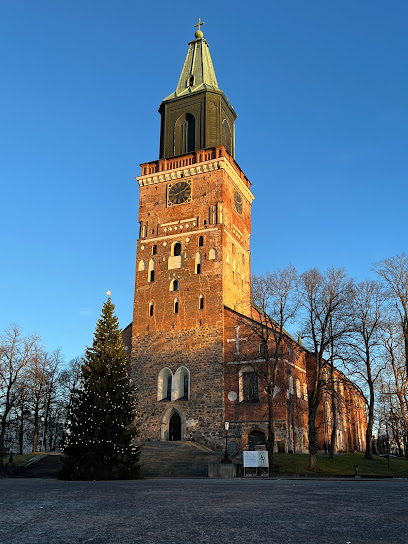
Turku Market Hall
Experience the flavors of Finland at Turku Market Hall, a historic market filled with local delicacies, artisanal goods, and a vibrant community atmosphere.
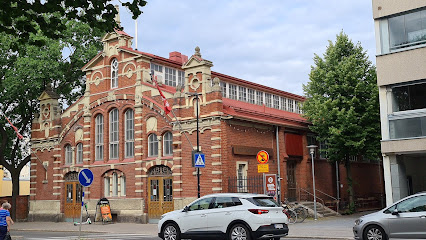
Kakolanmäki
Explore the historical depths of Kakolanmäki in Turku, Finland, where ancient narratives meet stunning landscapes.
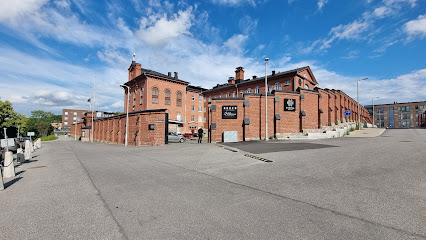
Aboa Vetus Ars Nova
Discover the rich history and vibrant contemporary art at Aboa Vetus Ars Nova, Turku's unique blend of archaeological wonders and modern artistic expressions.
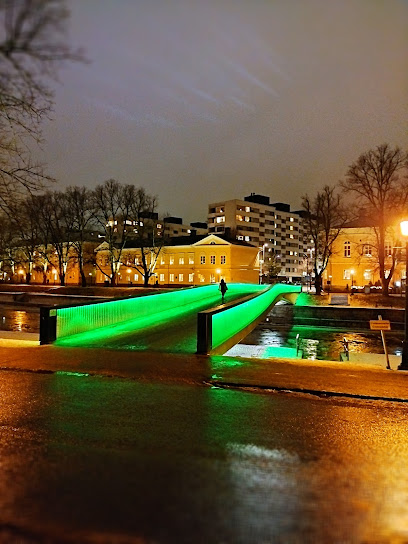
The Old Great Square
Experience the vibrant culture and rich history of The Old Great Square in Turku, Finland, a perfect blend of market and plaza.
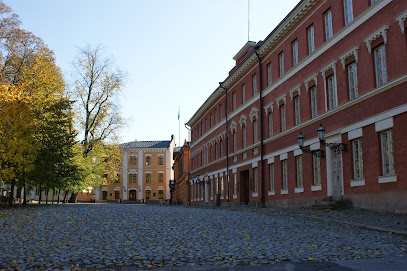
Adventure Park Seikkailupuisto
Explore Adventure Park Seikkailupuisto in Turku, a magical children's amusement center filled with exciting play areas, climbing walls, and enchanting performances.
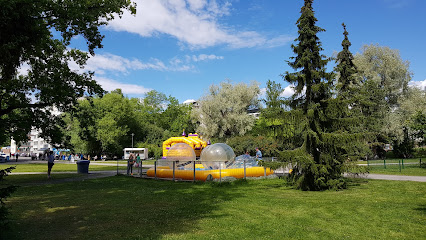
Luostarinmäki Open-Air Museum
Discover the enchanting Luostarinmäki Open-Air Museum in Turku, where Finnish history comes alive through stunning wooden houses and cultural exhibits.
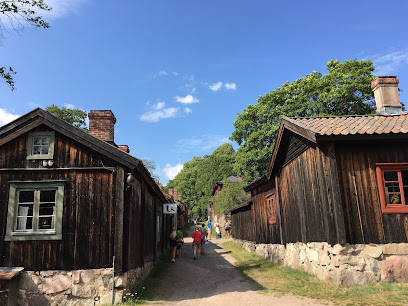
Turku Art Museum
Discover the artistic heart of Turku at the Turku Art Museum, where Finnish creativity and culture come to life through stunning exhibitions.
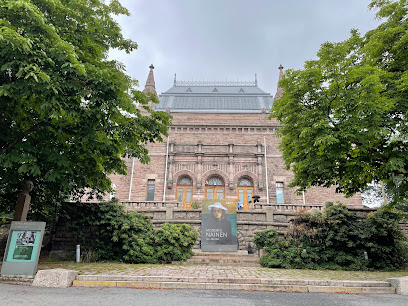
Forum Marinum
Discover the rich maritime history of Finland at Forum Marinum, a captivating museum in Turku featuring interactive exhibits and historic vessels.
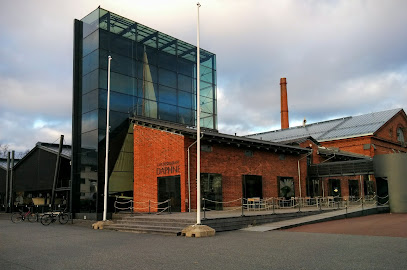
Turku Concert Hall
Explore the Turku Concert Hall, where music comes alive in a stunning venue, offering a rich array of performances in the heart of Finland.
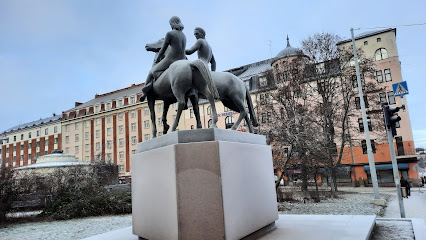
Pharmacy Museum and Qwensel house
Explore the rich heritage of pharmacy and healthcare at the Pharmacy Museum and Qwensel House in Turku, Finland.
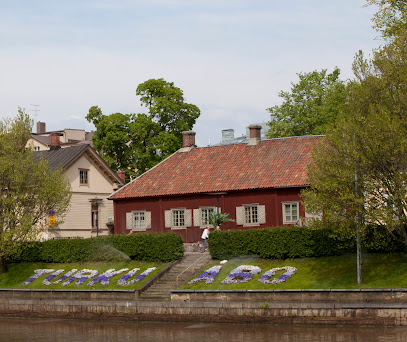
Unmissable attractions to see
Turku Castle
Experience the rich history and stunning architecture of Turku Castle, a majestic symbol of Finland's heritage and a must-visit tourist attraction.
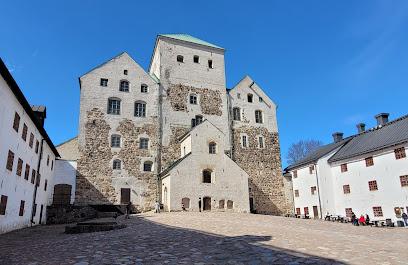
Turku Market Square
Experience the lively atmosphere and rich culture of Turku Market Square, where local vendors, delicious Finnish cuisine, and vibrant events await.
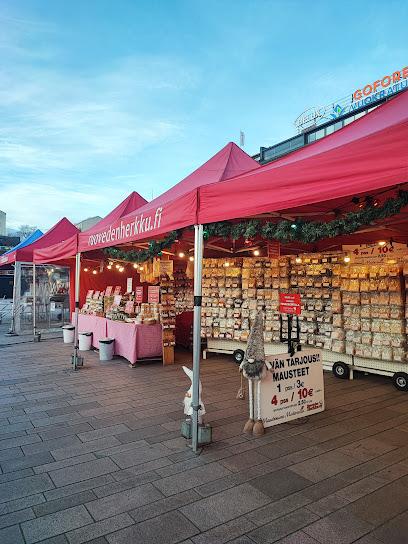
Kupittaa Park
Discover the beauty of Kupittaa Park in Turku, a sprawling green space filled with recreational activities, scenic walks, and family-friendly attractions.
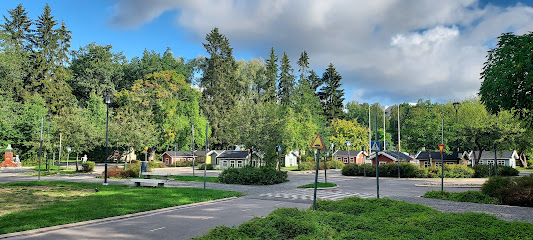
Turku Cathedral
Explore the historic Turku Cathedral, Finland's oldest stone church, blending stunning architecture with rich cultural heritage in the heart of Turku.
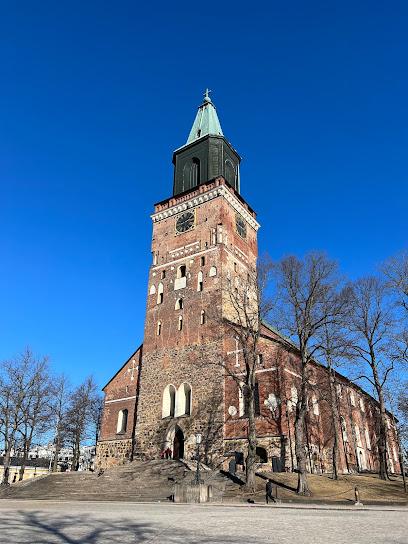
Turun yliopiston kasvitieteellinen puutarha
Discover the lush landscapes and diverse flora at Turku's enchanting Botanical Garden, a serene escape for nature lovers and tourists.
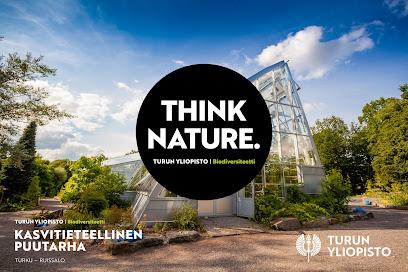
Kakolanmäki
Discover the historical depths of Kakolanmäki, a unique tourist attraction in Turku, Finland, showcasing stunning views and captivating stories.
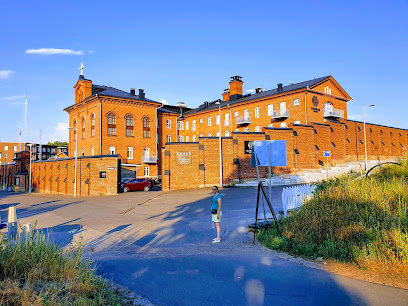
The Old Great Square
Discover the vibrant heart of Turku at The Old Great Square, a historical market and plaza filled with local culture, shopping, and dining experiences.
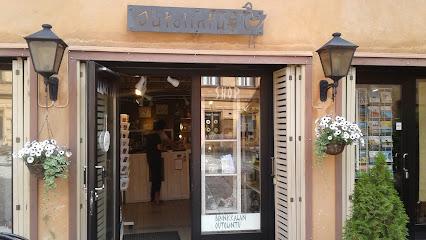
Aboa Vetus Ars Nova
Explore the rich tapestry of Turku's history and contemporary art at Aboa Vetus Ars Nova, a unique museum showcasing the old and the new.
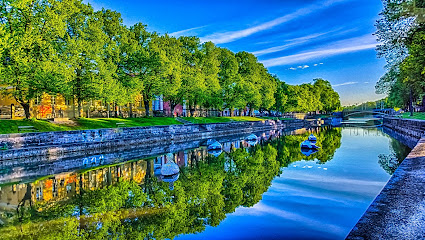
Adventure Park Seikkailupuisto
Discover Adventure Park Seikkailupuisto in Turku, a family-friendly amusement center filled with fun, exploration, and unforgettable experiences for children.
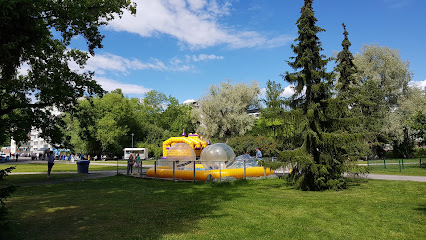
Forum Marinum
Explore the maritime heritage of Finland at Forum Marinum, a captivating museum showcasing historic ships and nautical artifacts in scenic Turku.
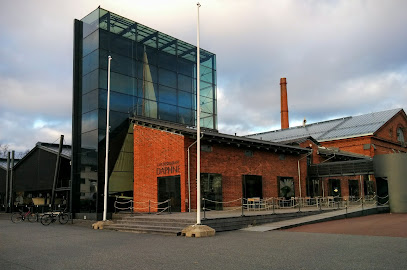
WAM Åbo stads konstmuseum
Discover the vibrant world of art at WAM Åbo Stads Konstmuseum, a cultural treasure in Turku, Finland showcasing diverse contemporary and classical collections.
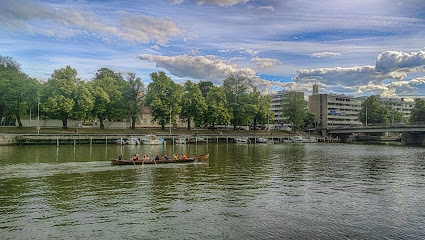
Jukupark
Experience the fun and excitement of Jukupark, where thrilling rides and refreshing water adventures await in the heart of Turku, Finland.
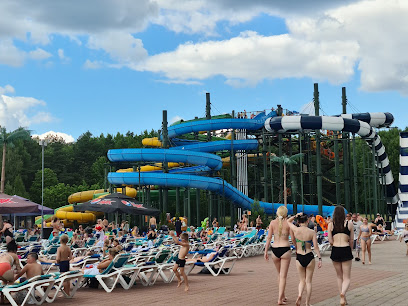
Kuralan Kylämäki
Discover Kuralan Kylämäki, an open-air museum in Turku, Finland, where history, culture, and nature come alive in a vibrant rural setting.
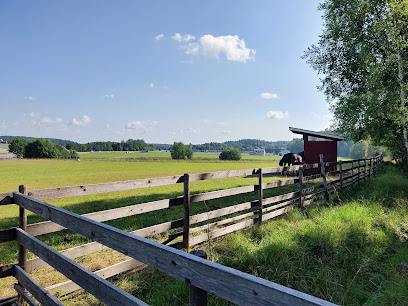
Suomen Joutsen
Discover the enchanting Suomen Joutsen in Turku, a historic tall ship museum that brings Finland's maritime heritage to life.
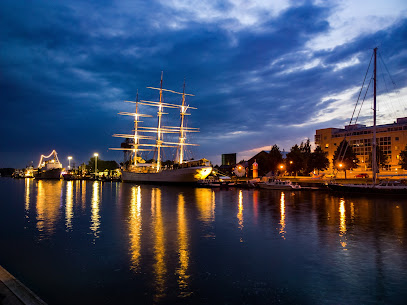
Turku City Library, Main Library
Discover the Turku City Library: a cultural haven of literature, architecture, and community events in the heart of Finland's oldest city.
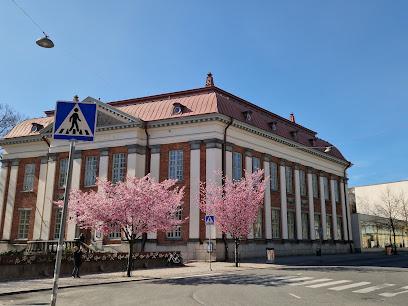
Essential places to dine
Pippurimylly
Experience exquisite steaks and gourmet pizzas at Pippurimylly in Turku, Finland - a culinary haven for food lovers.
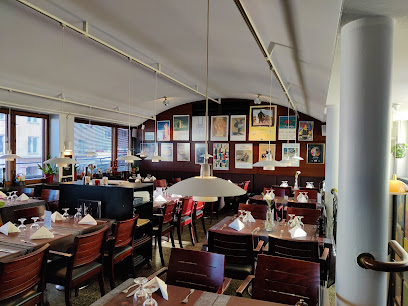
Pub Niska
Savor delicious pizzas at Pub Niska in Turku - where every bite tells a story of local flavors and culinary excellence.
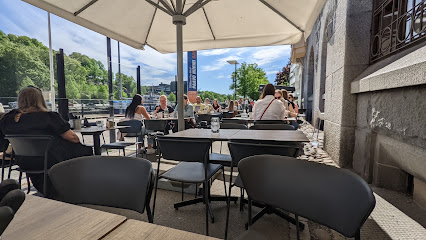
Blanko
Discover the culinary delights of Blanko in Turku—where European flavors meet local ingredients in a warm and inviting atmosphere.
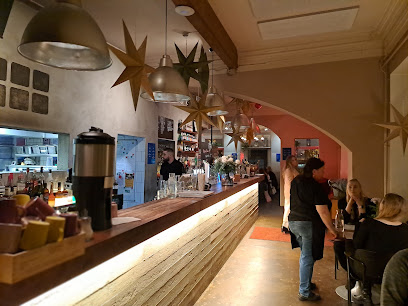
Ristorante Pizzeria Dennis
Experience authentic Italian flavors at Ristorante Pizzeria Dennis in Turku, where delicious pizzas and pasta await you.
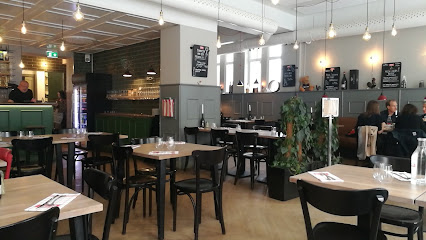
Panimoravintola Koulu
Discover the charm of Turku at Panimoravintola Koulu - where great food meets exceptional craft beer in a historic setting.
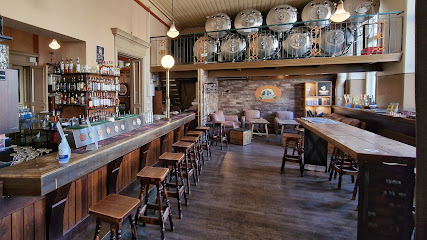
Tårget
Experience authentic Italian cuisine at Tårget in Turku – where exquisite flavors meet a charming atmosphere.
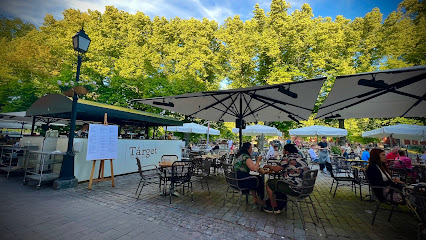
Nerå
Experience exquisite Finnish cuisine at Nerå in Turku – where local flavors meet innovative dining in a stunning riverside setting.
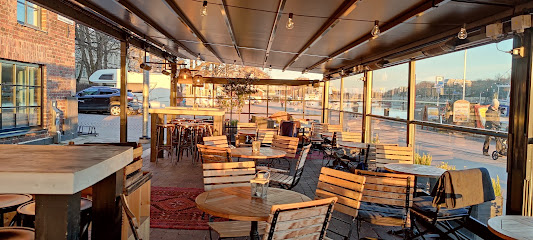
Tintå
Experience culinary innovation at Tintå in Turku, where global flavors meet local ingredients in a warm atmosphere.
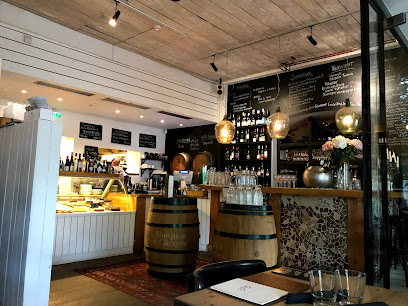
MorriSon's
Discover the best American dining experience at MorriSon's in Turku - where gourmet burgers meet vibrant atmosphere!
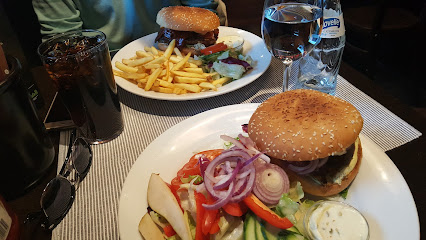
Viking Restaurant Harald
Savor authentic Scandinavian cuisine at Viking Restaurant Harald in Turku - where tradition meets taste.
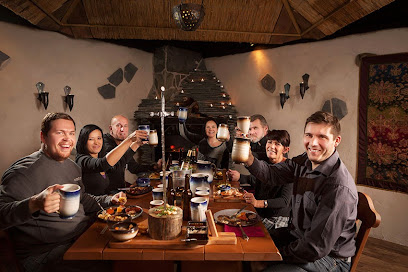
Svarte Rudolf
Discover the unique dining experience at Svarte Rudolf in Turku – where traditional Finnish cuisine meets interactive steamboat cooking.
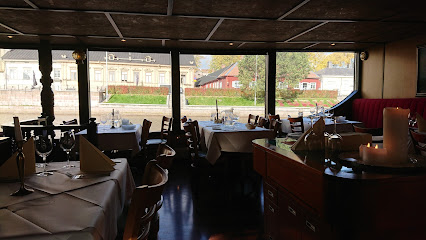
Rioni Turku
Discover the rich flavors and traditions of Georgian cuisine at Rioni Turku - an unforgettable culinary journey awaits.
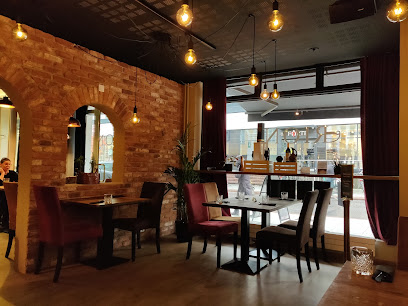
Kakolanruusu
Discover the exquisite flavors and historical ambiance at Kakolanruusu, Turku's premier fine dining destination.
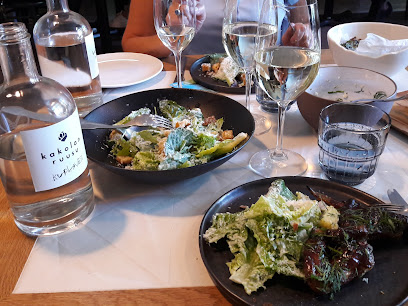
Tiirikkala
Discover Tiirikkala in Turku - A vibrant spot for breakfast and brunch featuring fresh bakery delights and live music in a cozy atmosphere.
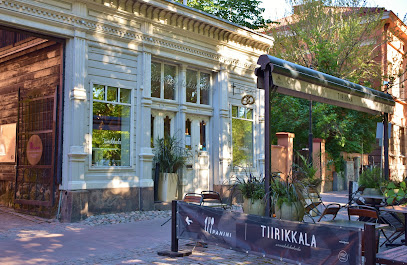
Sergio’s
Discover authentic Italian cuisine at Sergio’s in Turku – where each bite is a journey through Italy’s rich culinary heritage.
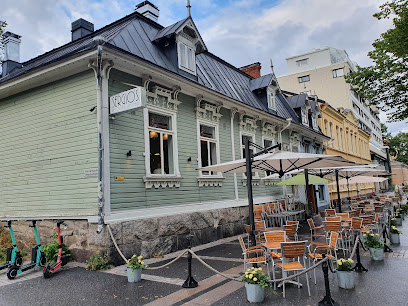
Markets, malls and hidden boutiques
Hansakortteli
Explore Hansakortteli, Turku's vibrant shopping mall with diverse shops, cozy cafes, and a lively atmosphere perfect for tourists.
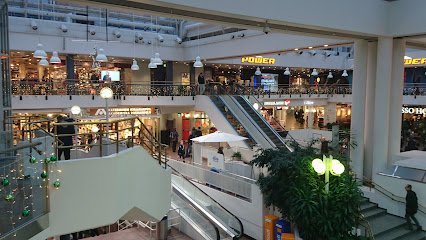
Shopping center Skanssi
Explore the vibrant Shopping Center Skanssi in Turku for a unique blend of shopping, dining, and a serene memorial park experience.
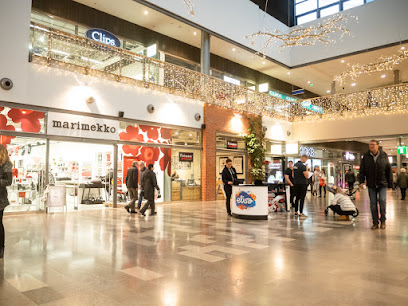
H&M
Discover the latest fashion trends and stylish essentials for the entire family at H&M in Turku, your go-to clothing store.
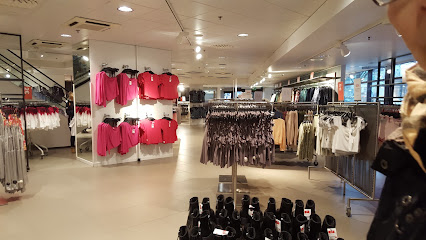
Zara
Explore the latest fashion trends at Zara in Turku, offering stylish clothing and accessories for the modern traveler.
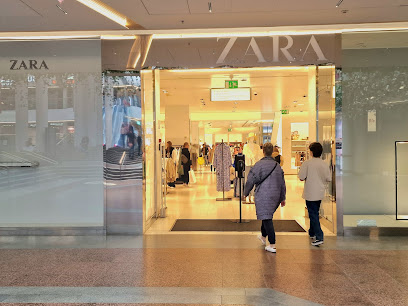
UFF Vintage Turku
Explore UFF Vintage Turku for a unique second-hand shopping experience, showcasing vintage clothing and sustainable fashion in the heart of Turku.
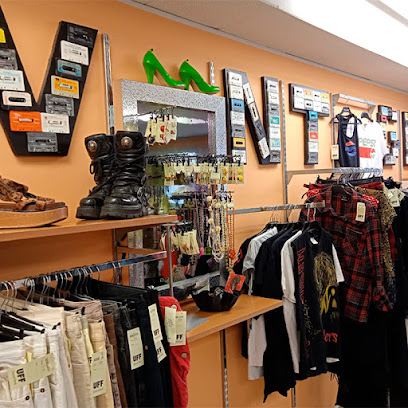
Kivikukkaro
Discover Kivikukkaro in Turku: a vibrant shopping mall featuring diverse retail options and delightful dining experiences for every visitor.
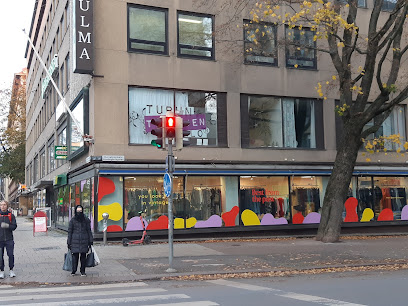
Iittala Store Turku
Explore the exquisite world of Iittala in Turku, where design meets functionality in beautiful home goods.
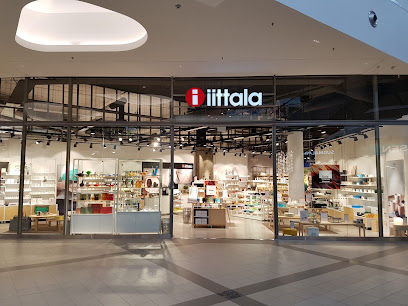
Cybershop
Explore Cybershop in Turku for an unforgettable mix of trendy gadgets, unique gifts, and a taste of Finnish culture.
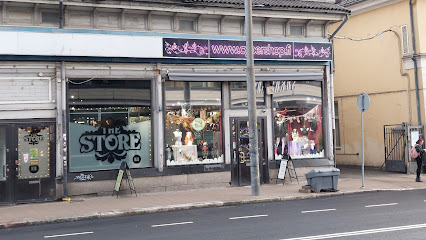
Flying Tiger
Explore the vibrant and quirky world of Flying Tiger in Turku, where unique gifts and joyful surprises await every visitor.
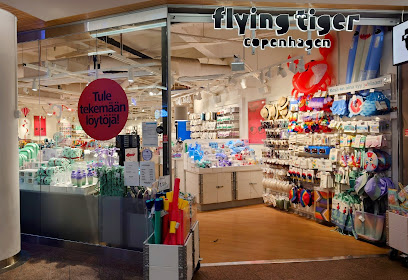
PUF
Explore Turku's PUF store for an eclectic mix of art, fashion, and home goods that embodies Finnish creativity and style.
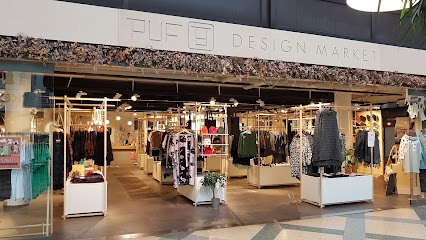
Tupakkakauppa ”Tobacco Shop”
Discover the rich tobacco culture at Tupakkakauppa 'Tobacco Shop' in Turku, where quality products meet local tradition.
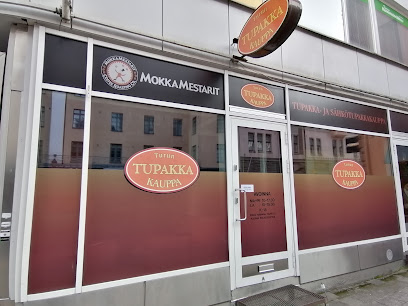
Kakola Shop
Discover stylish gifts and local treasures at Kakola Shop in Turku, where every item tells a story of Finnish craftsmanship and culture.
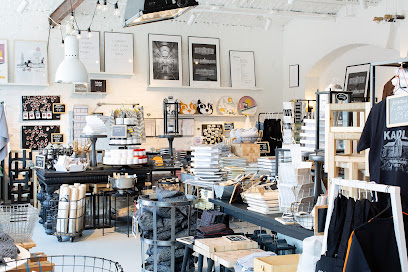
Marimekko Turku
Discover the essence of Finnish fashion at Marimekko Turku, where vibrant patterns and timeless designs await every style enthusiast.
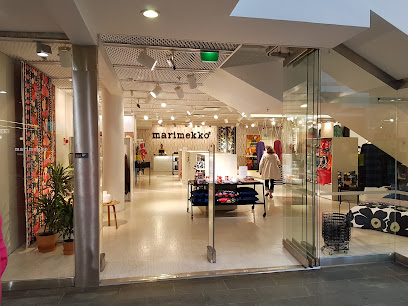
Butik Turku
Discover Butik Turku, where beauty meets elegance in a charming setting, offering hair, nails, and unique gifts for a refreshing experience.
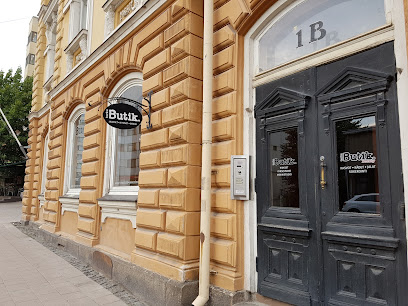
KUI Design
Discover unique Finnish gifts and local craftsmanship at KUI Design, a charming gift shop in the heart of Turku.
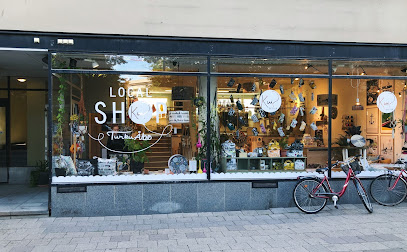
Essential bars & hidden hideouts
Rento
Experience the vibrant nightlife of Turku at Rento, a stylish bar offering a diverse drink selection and a lively atmosphere.
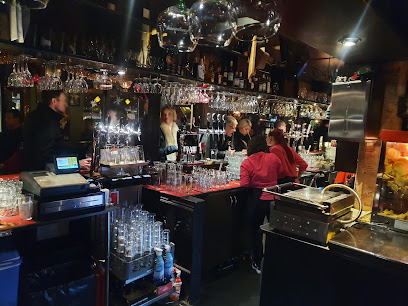
Walo Rooftop Bar
Discover Walo Rooftop Bar in Turku: a blend of stunning views, exquisite cocktails, and a vibrant atmosphere perfect for any occasion.
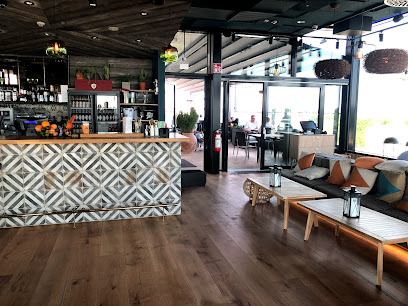
Uusi Apteekki Pub
Experience the unique blend of history and modernity at Uusi Apteekki Pub in Turku, where every drink tells a story in a former pharmacy.
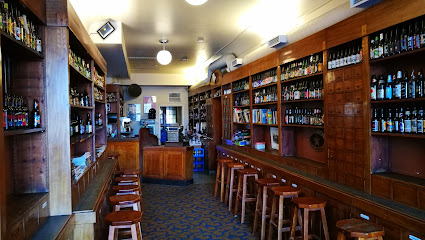
Teerenpeli
Discover the essence of Finnish brews and cuisine at Teerenpeli, a vibrant bar and restaurant in the heart of Turku.
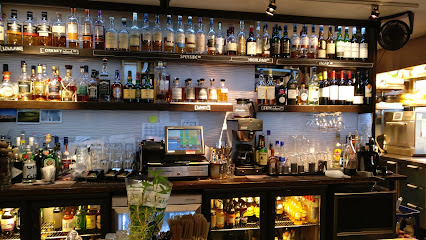
Hunter's Inn
Discover the inviting atmosphere of Hunter's Inn in Turku, where delightful drinks and friendly service come together for an unforgettable experience.
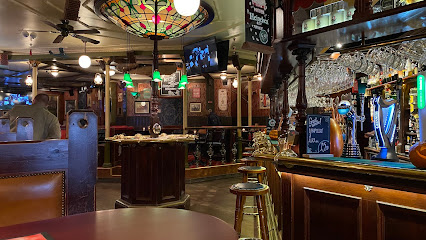
Bar Edison
Experience the vibrant atmosphere and extensive drink selection at Bar Edison, the perfect pub for an unforgettable night out in Turku.
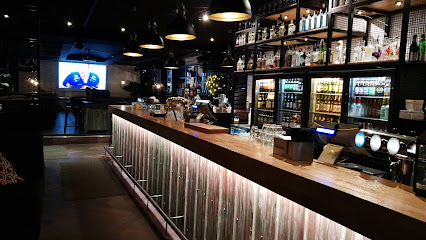
Bar Kuka
Experience the vibrant nightlife of Turku at Bar Kuka, where drinks flow and the atmosphere buzzes until dawn.
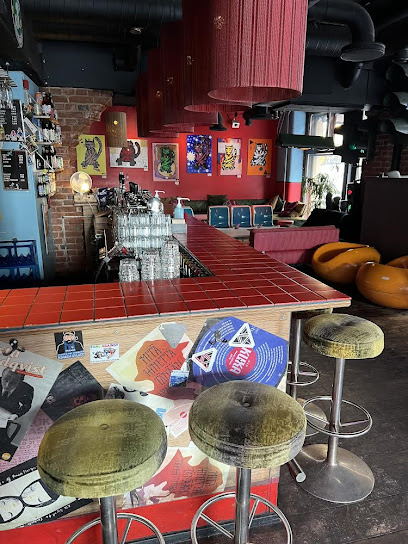
Whisky Bar
Discover the vibrant Whisky Bar in Turku, where global whiskies meet a cozy atmosphere, perfect for relaxation and socializing.
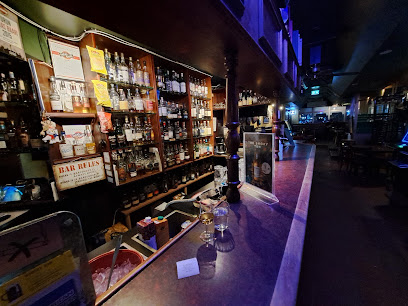
Bar Ö
Discover Bar Ö: A lively bar in Turku with eclectic decor, craft drinks, and a vibrant atmosphere perfect for socializing and nightlife.
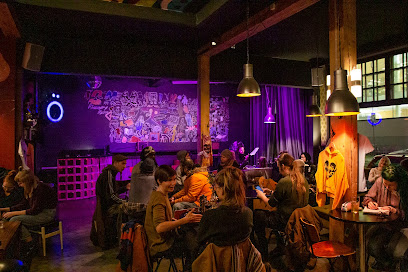
Ravintola Mallaskukko
Discover the vibrant atmosphere of Ravintola Mallaskukko, a must-visit beer garden in Turku offering local cuisine and an extensive drink selection.
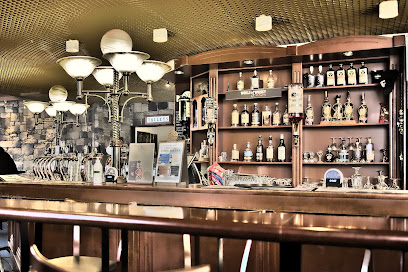
The Old Irish Pub
Discover the heart of Irish culture at The Old Irish Pub in Turku, where great food and drinks meet a warm, inviting atmosphere.
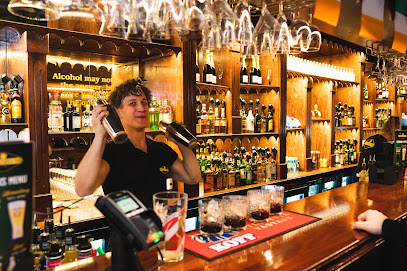
Alvar
Experience the vibrant nightlife of Turku at Alvar, a lively bar offering a selection of local drinks and a welcoming atmosphere.
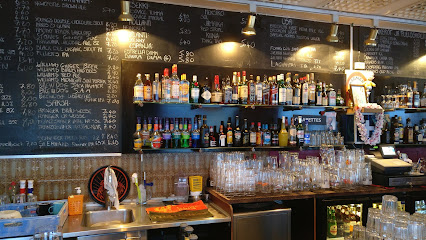
Bar4
Discover Bar4 in Turku, the ultimate cocktail bar blending creativity and comfort for an unforgettable night out.
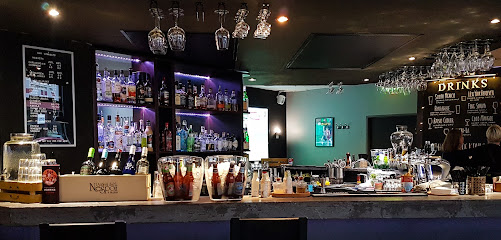
Heidi's Bier Bar
Discover the vibrant nightlife at Heidi's Bier Bar in Turku, offering a perfect blend of drinks, music, and lively atmosphere for an unforgettable night out.
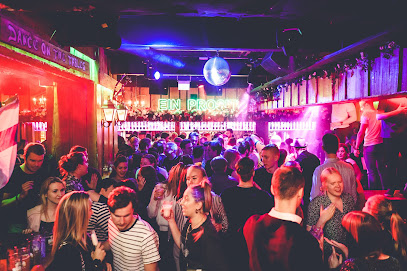
The Cow
Discover The Cow in Turku: A cocktail bar blending cozy vibes with innovative drinks for an unforgettable night out.
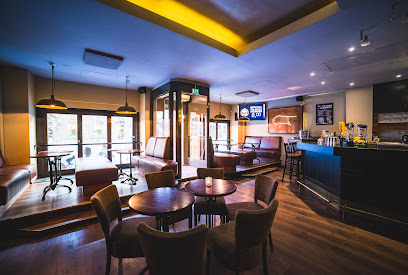
Local Phrases
-
- HelloMoikka
[moy-kah] - GoodbyeNäkemiin
[nah-keh-meen] - YesKyllä
[kuu-laa] - NoEi
[ay] - Please/You're welcomeOle hyvä
[oh-leh huu-vaa] - Thank youKiitos
[kee-tohss] - Excuse me/SorryAnteeksi
[ahn-teh-ehk-see] - How are you?Mitä kuuluu?
[mee-taa ku-loo-oo] - Fine. And you?Hyvin. Entä sinä?
[hoo-veen. en-taah see-naah] - Do you speak English?Puhutko englantia?
[poo-hoot-koh eng-lahn-tee-ah] - I don't understandEn ymmärrä
[ayn uum-maar-raah]
- HelloMoikka
-
- I'd like to see the menu, pleaseSaisinko ruokalistan, kiitos
[sai-sin-koh roo-kah-lee-stahn, kee-tohss] - I don't eat meatEn syö lihaa
[ayn syo lee-haa] - Cheers!Kippis!
[keep-pees] - I would like to pay, pleaseHaluan maksaa, kiitos
[hah-loo-ahn mahk-saa, kee-tohss]
- I'd like to see the menu, pleaseSaisinko ruokalistan, kiitos
-
- Help!Apua!
[ah-poo-ah] - Go away!Mene pois!
[meh-neh poys] - Call the Police!Soita poliisille!
[soy-tah poh-lee-see-leh] - Call a doctor!Soita lääkärille!
[soy-tah laa-kar-ree-leh] - I'm lostOlen eksynyt
[oh-lehn eks-oo-nuut] - I'm illOlen sairas
[oh-lehn saa-ee-rahs]
- Help!Apua!
-
- I'd like to buy...Haluan ostaa...
[hah-loo-ahn oh-staa] - I'm just lookingKatson vain
[kaat-sohn vain] - How much is it?Paljonko se maksaa?
[pahl-yon-koh seh mahk-saa] - That's too expensiveSe on liian kallis
[seh ohn lee-ahn kahl-lease] - Can you lower the price?Voitteko laskea hintaa?
[voy-teh-koh lah-skeh-ah hin-taa]
- I'd like to buy...Haluan ostaa...
-
- What time is it?Paljonko kello on?
[pahl-yon-koh kehl-lo ohn] - It's one o'clockKello on yksi
[kehl-lo ohn uuk-see] - Half past (10)Puoli (kymmenen)
[poo-oh-lee kuum-meh-nehn] - MorningAamu
[ah-moo] - AfternoonIltapäivä
[eel-tah-pai-vaa] - EveningIlta
[eel-tah] - YesterdayEilen
[ay-lenn] - TodayTänään
[taa-naan] - TomorrowHuomenna
[hoo-oh-men-nah] - 1Yksi
[uuk-see] - 2Kaksi
[kahk-see] - 3Kolme
[kohl-meh] - 4Neljä
[nell-yaa] - 5Viisi
[vee-see] - 6Kuusi
[koo-see] - 7Seitsemän
[site-seh-maan] - 8Kahdeksan
[kah-dehk-saan] - 9Yhdeksän
[uh-dehk-saan] - 10Kymmenen
[kuum-meh-nehn]
- What time is it?Paljonko kello on?
-
- Where's a/the...?Missä on...
[mees-saa ohn] - What's the address?Mikä on osoite?
[mee-kah ohn oh-soy-teh] - Can you show me (on the map)?Voitteko näyttää minulle (kartalla)?
[voy-teh-koh nay-staah min-ooh-leh (kahr-tahl-lah)] - When's the next (bus)?Milloin seuraava (bussi)?
[meel-loin seuh-rah-vaa (boos-see)] - A ticket (to ....)Lippu (....)
[leep-poo]
- Where's a/the...?Missä on...
History of Turku
-
Turku, known as Åbo in Swedish, is the oldest city in Finland, founded around the end of the 13th century. It quickly grew into an important trading hub due to its strategic location at the mouth of the Aura River, facilitating trade between Finland and other parts of Europe.
-
During the medieval period, Turku became the administrative center of Finland under Swedish rule. Turku Castle, built in the late 13th century, stands as a monumental relic of this era. The castle served both as a defensive fortress and a luxurious residence for Swedish nobility.
-
Consecrated in 1300, Turku Cathedral is one of Finland's most significant religious buildings. It has witnessed numerous historical events, including royal coronations and state funerals. The cathedral has undergone several expansions and renovations, reflecting various architectural styles.
-
On September 4, 1827, Turku was devastated by the largest urban fire in Finland's history. The Great Fire destroyed approximately 75% of the city, including many historical buildings. This event led to significant urban planning changes and the relocation of the Finnish capital to Helsinki.
-
In recent times, Turku has embraced its rich cultural heritage. It was designated as the European Capital of Culture in 2011, showcasing its vibrant arts scene, historical landmarks, and diverse cultural festivals. This recognition has helped boost tourism and cultural initiatives in the city.
-
Founded in 1918, Åbo Akademi University is an important institution in Turku, contributing to the city's academic and cultural life. It offers education in Swedish and has played a significant role in preserving Swedish-speaking culture in Finland.
-
Turku is the gateway to the stunning Archipelago Sea, a vast network of over 20,000 islands. The city's maritime traditions are deeply rooted in its history, from ancient Viking routes to modern-day sailing. The Archipelago Trail is a popular route that allows visitors to explore this unique maritime landscape.
Turku Essentials
-
Turku is easily accessible by air, sea, and land. The nearest airport is Turku Airport (TKU), located about 8 kilometers from the city center. It offers direct flights to several European destinations. For those traveling by sea, Turku has a busy port with daily ferry connections to Stockholm, Sweden, and other Baltic Sea destinations. By land, Turku is well-connected by train and bus services from Helsinki and other major Finnish cities. The train journey from Helsinki to Turku takes approximately two hours.
-
Turku has a well-developed public transportation system, including buses and ferries. The local bus network, operated by Föli, covers the entire city and surrounding areas. Single tickets and day passes are available for purchase via mobile apps, ticket machines, or directly from the bus driver. Taxis are also readily available and can be booked via phone or mobile apps. For those who prefer cycling, Turku offers a bike-sharing system called Föli Bikes, with several docking stations throughout the city.
-
The official currency in Finland is the Euro (EUR). Credit and debit cards are widely accepted in Turku, including in taxis, restaurants, and shops. Contactless payments and mobile payment options like Apple Pay and Google Pay are also common. ATMs are available throughout the city, and most banks offer currency exchange services. It is advisable to carry some cash for small purchases, especially in markets or smaller establishments.
-
Turku is considered one of the safest cities in Finland. However, like any city, it is wise to remain vigilant, especially in crowded areas such as the Market Square and during events. Petty crimes like pickpocketing can occur, so keep an eye on your belongings. There are no specific areas in Turku known for high crime rates targeting tourists, but always exercise caution and avoid poorly lit areas at night.
-
In case of emergency, dial 112 for police, fire, or medical assistance. Turku has several hospitals and medical centers, including Turku University Hospital, which provides comprehensive medical services. Pharmacies are widely available, and many offer 24-hour service. Carry a copy of your travel insurance and identification at all times. The local tourist information center can also assist with emergency contacts and support.
-
Fashion: Do dress comfortably and according to the weather. Layers are recommended as the weather can change quickly. Avoid overly flashy attire. Religion: Do respect local customs when visiting religious sites. Remove hats and remain silent inside churches. Public Transport: Do validate your ticket when boarding public transport. Don't eat or drink on buses. Greetings: Do greet people with a friendly 'Moi' (Hello) or 'Hei' (Hi). A firm handshake is common for formal introductions. Eating & Drinking: Do try local specialties like Turku's archipelago bread and fish dishes. Don't leave food on your plate, as it is considered wasteful.
-
To experience Turku like a local, explore the Aura River's banks, which are lined with cafes, restaurants, and historic sites. Visit the Turku Market Hall for fresh produce and local delicacies. Participate in local events such as the Medieval Market or Ruisrock Festival. Take a ferry to the nearby islands in the Turku Archipelago for a peaceful retreat. Engage with locals, who are generally friendly and willing to share insights about their city.
Trending Landmark in Turku
Nearby Cities to Turku
-
Things To Do in Espoo
-
Things To Do in Tampere
-
Things To Do in Helsinki
-
Things To Do in Kärdla
-
Things To Do in Tallinn
-
Things To Do in Haapsalu
-
Things To Do in Porvoo
-
Things To Do in Lahti
-
Things To Do in Rapla
-
Things To Do in Kuressaare
-
Things To Do in Paide
-
Things To Do in Rakvere
-
Things To Do in Pärnu
-
Things To Do in Uppsala
-
Things To Do in Stockholm















